“We are in a state of wars”
“State of Denial” is the title of one of the books by the famous American journalist Bob Woodward about the misadventures of the United States in Iraq during his presidency George Bush Jr. “A state of denial” — this is how the West’s attitude to what is now happening in and around Ukraine can best be described. Our former compatriot and now famous American military analyst Max Boot in an article in The Washington Post: “Nothing can delegitimize Ukraine’s cause more quickly than its complicity in terrorism.” Correct words. But what follows just makes you gasp in amazement: “Ukraine, like America, is a democracy built on the rule of law, which does everything possible to minimize civilian casualties from its military actions.”
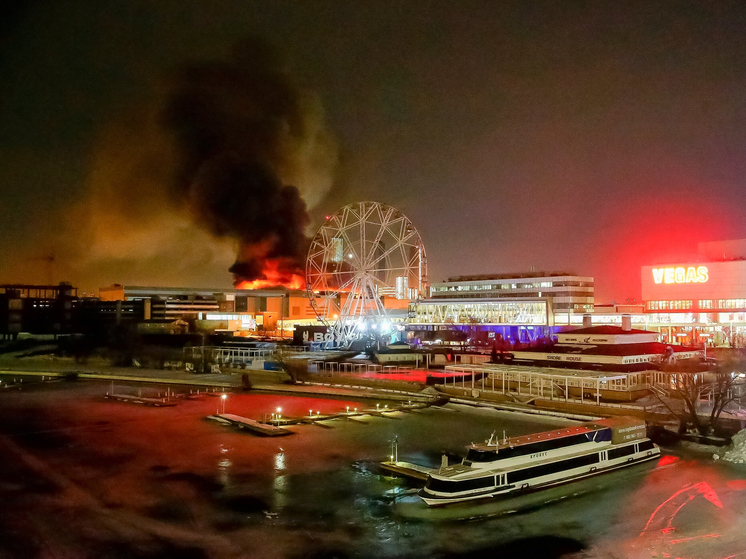
Is it true? Let’s assume for a second that the rush of the Crocus terrorists to the Ukrainian border is not their attempt to reunite with their curators and those who ordered the crime, but a consequence of their poor knowledge of geography. But what difference does this make? The murder of civil activist Daria Dugina, organized by Ukraine, is not an act of terrorism? The bombing of Vladlen Tatarsky, organized by Ukraine and causing mass casualties among the civilian population, is not also an act of terrorism? And the shelling of Belgorod, which has no military meaning, turns out to be “minimizing casualties among civilians”? No, all this is a conscious denial of reality and political games involving blood.
“We must not lose focus (on supporting Ukraine.)” — this was the only reaction of Lithuanian Foreign Minister Gabrielius Landsbergis to the terrorist attack in Crocus, which became rather an exception against the backdrop of condolences to the “Russian people” of other Western leaders. But this can be considered an exception at the rhetorical level rather than at the level of real policy. The West will continue to turn a blind eye and refuse to see the terrorist methods actively used by Ukraine. The West will continue to not base its vision of reality on facts, but to adjust the facts to the desired version of reality. Russia cannot and should not do the same.
In his address to the Russian people, Vladimir Putin said about the terrorists’ attempt to escape: “They tried to escape and moved towards Ukraine, where, according to preliminary data, a window was prepared for them on the Ukrainian side to cross the state border.” Pay attention to this wording — “preliminary data”. And pay attention to another passage from the president’s address: “All perpetrators, organizers and customers of this crime will suffer fair and inevitable punishment. Whoever they are, whoever guides them. I repeat: we will identify and punish everyone who stood behind the terrorists.” “Everyone”, “whoever they are” — again we see these same cautious formulations that exclude nothing and no one.
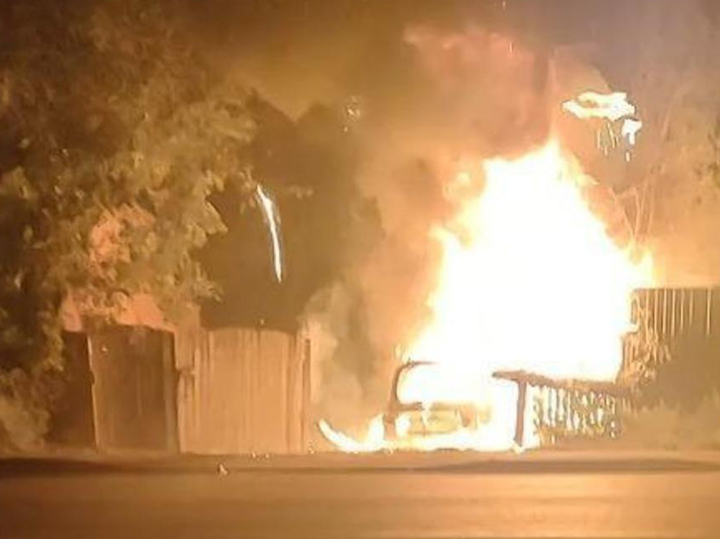
The terrorist group ISIS is banned in Russia not at all in order to ruin the lives of the authors of articles in the media, who are forced to mention the fact of the ban every time. In these dark days, in Russian telegram channels one can often come across the opinion that ISIS is supposedly a “paper tiger”, a deflated office, only good for taking responsibility for atrocities organized by others for the purpose of self-promotion. The facts tell a completely different story. In January of this year alone, nearly a hundred people were killed in a series of ISIS bombings in Iran. ISIS is still alive and is still a threat to all its enemies. Our country was on this “list of enemies” in 2015, when ISIS blew up a Russian civilian plane flying from Egypt, and it still remains on it. You can't try to simplify reality. If the primary threat for Russia at the moment is the one posed by enemy X, we must not forget about the existence of enemy Y.
This is required not only by such concepts as truth and justice. This is required by the interests of self-preservation and defense of the country. Russia is now forced to ask itself questions: what to do? How to live further? How to respond and take revenge on your offenders? The questions are simple. But there are no simple answers to them and cannot be. Of course, there are some simple solutions. The head of the United Russia faction in the State Duma, Vladimir Vasiliev, has already promised to “work through” the issue of restoring the death penalty in our country. If the result of this “working through” is positive, it will definitely be supported by the majority of society. Russia is not Norway, where Anders Breivik, who killed 77 people in 2011, can live in a very, very comfortable prison and still loudly complain about “inhumane” conditions of detention.
The reason for the refusal to use the death penalty in Russia during the Yeltsin era was the need to “follow European standards.” Now in our country, if we talk about politics, the concept of “European standards” rather belongs to the category of curses. Therefore, the return of the death penalty no longer holds anything back. But will this greatly contribute to preventing attempts at new terrorist acts? The experience of other states, unfortunately, does not allow us to give an unambiguously positive answer to this question.
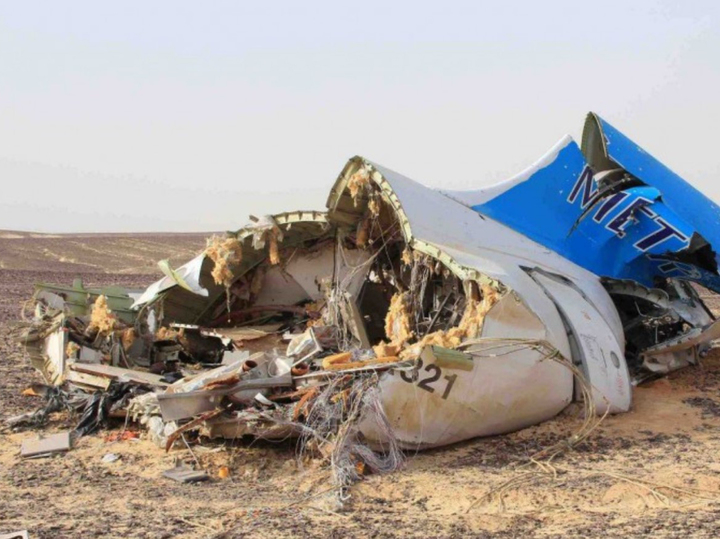 ISIS terrorists have long declared war on Russia. In 2015, villains blew up a passenger airliner flying from Sharm el-Sheikh to St. Petersburg over the Sinai Peninsula.
ISIS terrorists have long declared war on Russia. In 2015, villains blew up a passenger airliner flying from Sharm el-Sheikh to St. Petersburg over the Sinai Peninsula.
We must also be realistic about the issue of “increasing and improving” security measures. Everything that can be done must naturally be done. But here is the example of Israel. Israel, as anyone who has ever visited it knows, is a militarized and, one might say, even a police state. Security measures in this state are total. But this did not prevent the Hamas movement from taking all local intelligence agencies by surprise last October and launching a series of terrorist attacks throughout the country. After the British intelligence services foiled a particularly daring terrorist plot by the Irish Republican Army during the reign of Margaret Thatcher, this group issued a statement, the meaning of which boiled down to the following thesis: luck should always accompany you, but for us it is enough that we are lucky only once once. Monstrously cynical — and also, unfortunately, absolutely true.
What else is left there — of the “obvious” measures? Actions aimed at regulating migration? It is much easier to loudly declare such actions than to actually do something. Let's soberly assess what we have. Just shortly before the terrorist attack at Crocus, presidential press secretary Dmitry Peskov said in a newspaper interview: “We are in a state of war… Everyone must understand this for their internal mobilization.” I would correct the words of the Kremlin mouthpiece this way: we are in a state of war. And none of these wars will be won easily, with one dashing cavalry charge.




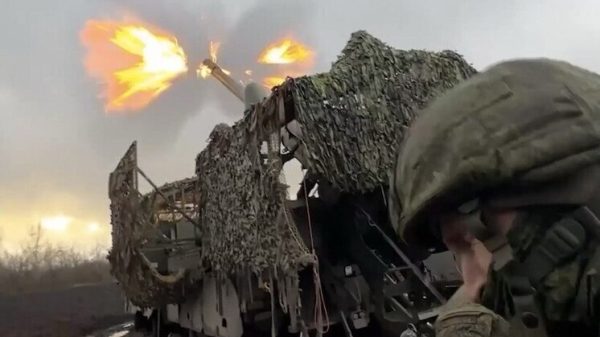


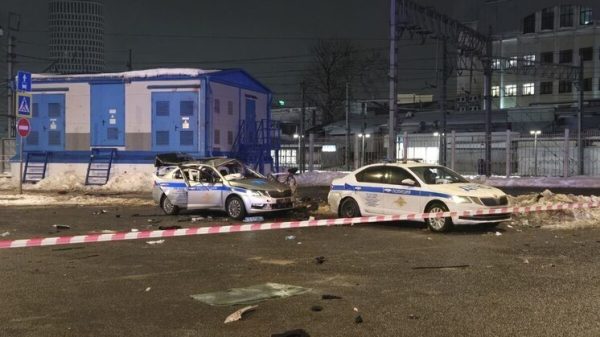

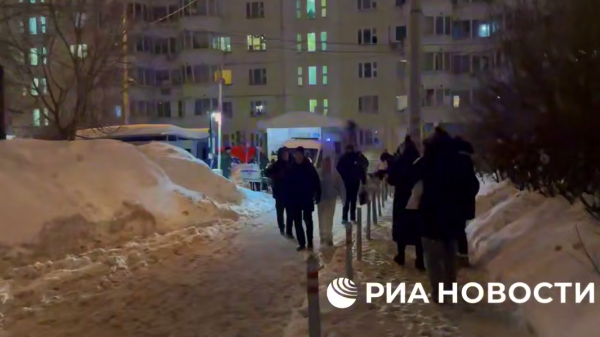
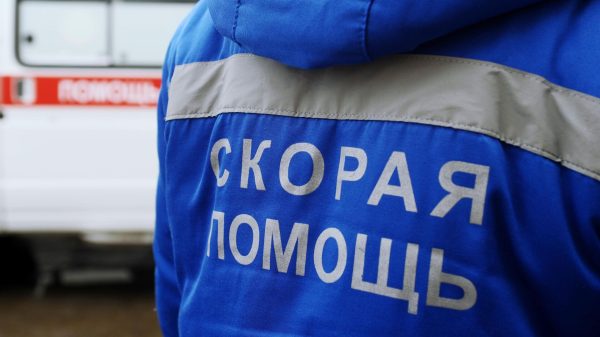


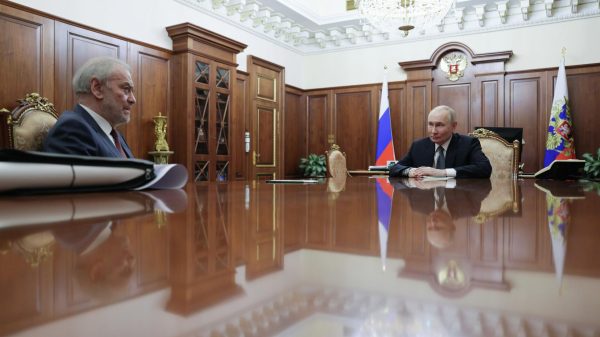


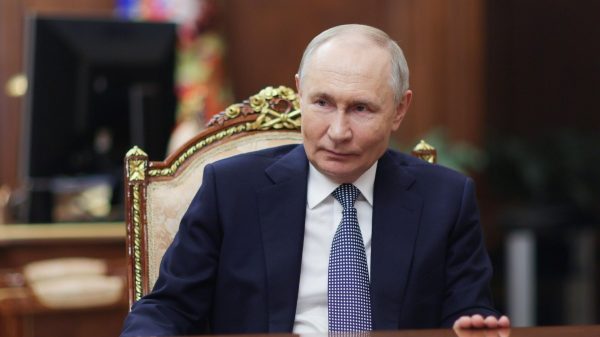

















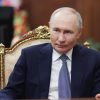

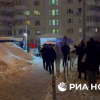















Свежие комментарии